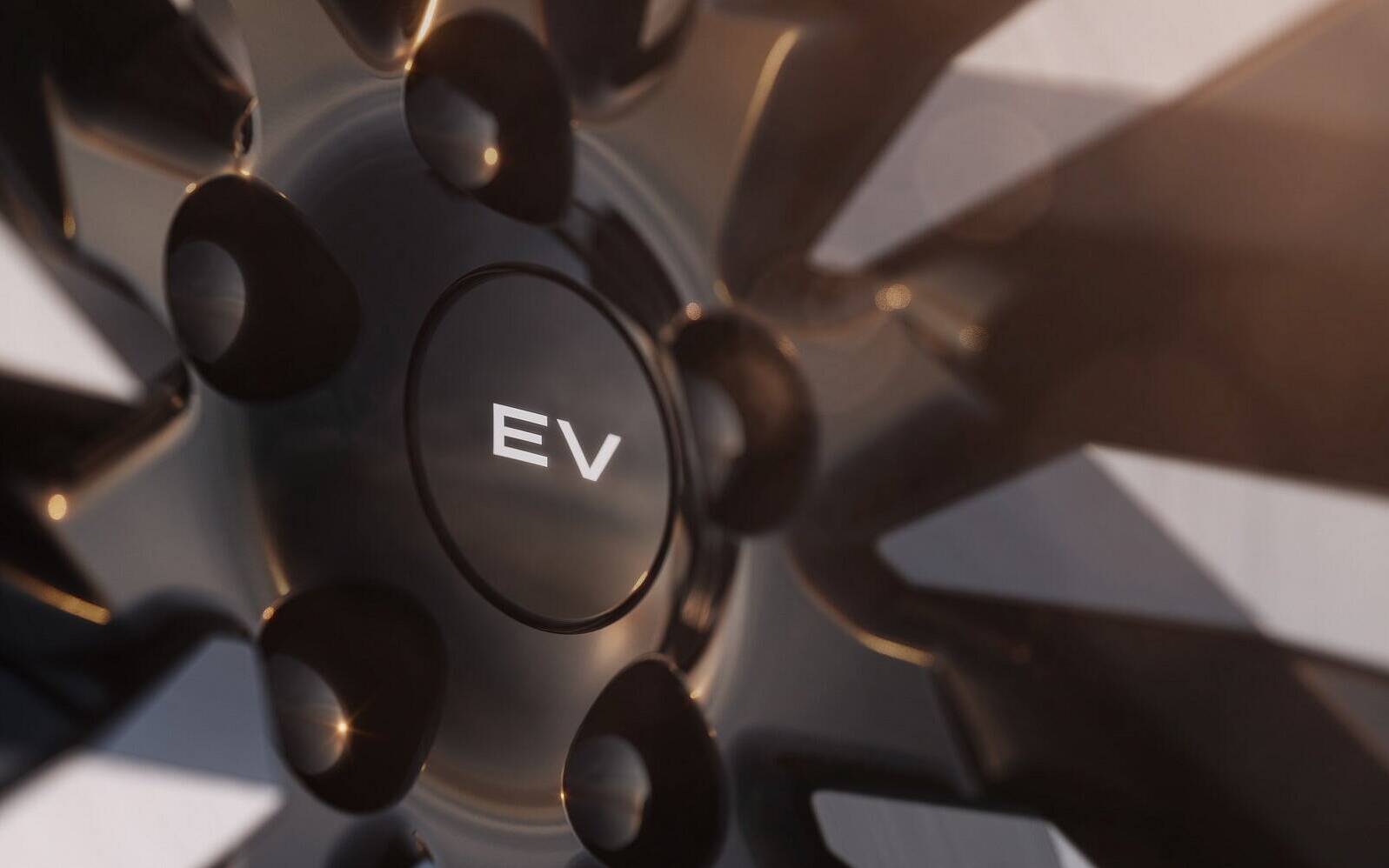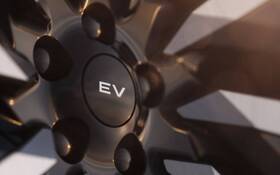Another Automaker is Pumping the Brakes on EVs, Wants More Hybrids
Following General Motors in recent weeks, JLR (Jaguar Land Rover) is also having doubts about electric vehicles, adjusting its plans and wanting to focus on plug-in hybrids as a transition.
As reported by Automotive News Europe, CEO Adrian Mardell confessed that the British automaker is “a little bit slower than we said three years ago” due to changing demand.
- Also: Jaguar I-PACE Battery Fires Lead to Recall in the U.S., Canada
- Also: You Haven’t Seen Anything Like the Future Range Rover Electric Yet
Instead of launching six battery-electric Land Rovers by 2026, as originally announced in 2021, JLR now is aiming for just four: the electric Range Rover that will debut later this year, followed by an electric Range Rover Sport and then two smaller vehicles built on the upcoming EMA architecture. These could be complements or replacements for the Range Rover Evoque and Range Rover Velar.

An electric Defender is still part of the plans, but we’ll see it toward the end of the decade.
Meanwhile, Jaguar continues to work on becoming a fully electric brand, but after initially setting 2025 as a target, now it’s not so clear when that will happen exactly. A new four-door GT will spearhead the revolution at Jaguar, using a different platform than that of the aging I-PACE crossover, whose reputation took a big hit last year following reports of fires caused by the LG-supplied battery.

However, Mardell didn’t mention anything about the trio of “jaw-dropping” electric SUVs that British magazine Autocar said were coming in the second half of the decade in a June 2022 article. Interestingly, the JLR boss talked about the company’s desire to introduce more plug-in hybrids—none from Jaguar, mind you.
“What you have seen from other OEMs is that the race to BEV is starting to stutter a little,” Mardell said. “PHEV acceptance has been quite a surprise. We are working hard in the interim time to make more PHEVs available to the marketplace.”

He noted that JLR sold 68 percent more PHEVs in Europe in 2023 than it did the previous year.
The automaker’s new target is 60 percent EV sales by 2030 and 100 percent by 2036.












